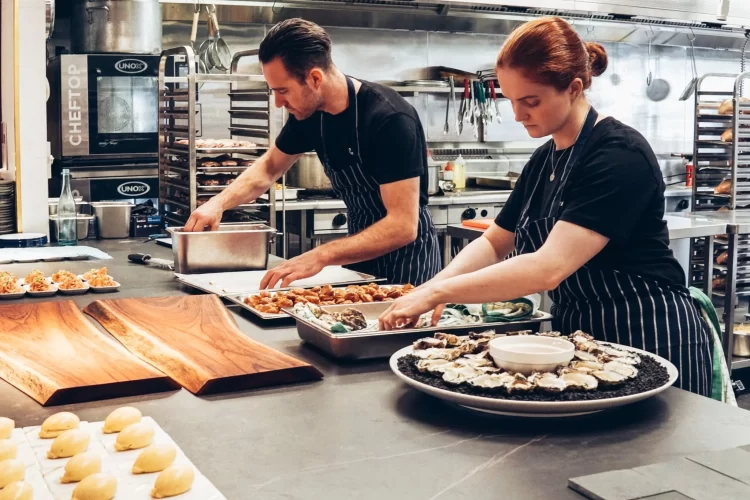Embarking on a culinary journey is an exciting endeavor for any aspiring chef, and the kitchen stage plays a pivotal role in honing one’s skills. Whether you are a culinary student or a budding chef eager to gain hands-on experience, understanding the dos and don’ts of the kitchen stage is crucial for a successful and enriching culinary education. For more information you can click here https://www.spstudioscanada.com/stages/kitchen.
Dos:
- Research the Kitchen Beforehand: Before your kitchen stage, conduct thorough research on the establishment. Familiarize yourself with its menu, cooking techniques, and the overall kitchen culture. This preparation demonstrates your commitment and helps you adapt seamlessly to the kitchen environment.
- Arrive Early and Be Punctual: Punctuality is key in the culinary world. Arriving early not only showcases your professionalism but also allows you to acclimate to the kitchen space, review tasks, and seek guidance from experienced chefs.
- Dress Appropriately: Wear the proper kitchen attire, including a clean chef’s coat, non-slip shoes, and a hat or hairnet. Maintaining a neat appearance not only adheres to hygiene standards but also reflects your respect for the kitchen environment.
- Observe and Ask Questions: During your kitchen stage, observe the workflow and ask questions when appropriate. Show curiosity about different stations, ingredients, and techniques. This demonstrates your eagerness to learn and adapt to the kitchen’s unique dynamics.
- Stay Organized: Keep your station organized and clean. A tidy workspace not only contributes to a more efficient workflow but also showcases your attention to detail. Ensure that utensils, ingredients, and equipment are readily accessible.
Don’ts:
- Take Criticism Personally: Expect constructive criticism and feedback from chefs. Use it as a learning opportunity rather than taking it personally. The kitchen stage is a chance to grow and improve, and a positive attitude towards feedback is essential for professional development.
- Overestimate Your Abilities: While enthusiasm is commendable, avoid overestimating your skills. Follow instructions carefully, and don’t hesitate to seek guidance if uncertain. Overconfidence can lead to mistakes that could compromise the quality of the dishes.
- Ignore Safety Protocols: Safety is paramount in the kitchen. Adhere to all safety protocols, including proper handling of sharp objects, hot surfaces, and the use of protective gear. Ignoring safety guidelines not only endangers yourself but also undermines your credibility in the kitchen.
- Waste Ingredients: Be mindful of ingredient usage and minimize waste. Precise measurements and efficient utilization of ingredients demonstrate your respect for the kitchen’s resources and contribute to cost-effective cooking practices.
- Be Dismissive of Teamwork: The kitchen is a collaborative space, and teamwork is essential for success. Avoid being dismissive of your colleagues or neglecting to assist when needed. Embrace a collaborative mindset, as it fosters a positive and productive kitchen environment.
Conclusion:
Mastering the dos and don’ts of the kitchen stage is fundamental for any culinary student aiming to thrive in the dynamic world of professional kitchens. By approaching this opportunity with enthusiasm, respect, and a willingness to learn, aspiring chefs can turn their kitchen stage into a transformative experience that propels them toward culinary excellence.










